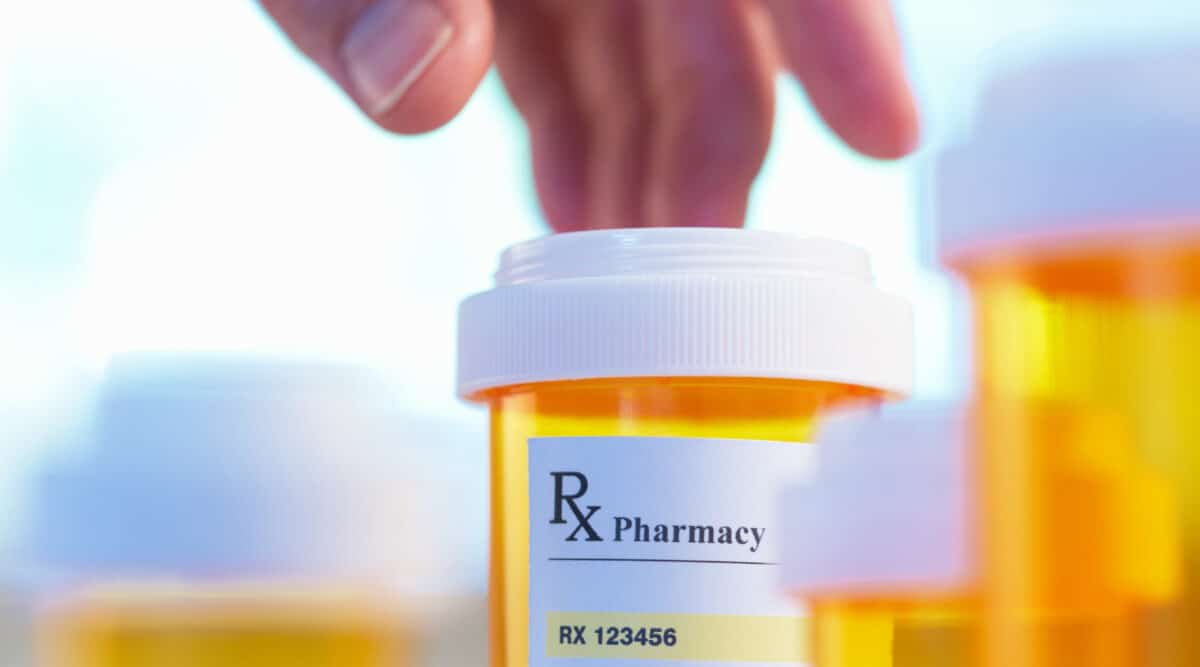Limited distribution (LD) has contributed to the growth of a couple dozen specialty pharmacies over the past decade. When a pharmaceutical manufacturer selects a specialty pharmacy as a member of their limited network prescriptions are routinely channeled to these SPs for fulfillment and they enjoy the usually greater revenue associated with these therapies. And, an increasing number of LD therapies have awarded exclusive deals to a single SP. The exclusive deals are most often for a rare/orphan therapy and these are usually among the most costly.
We’ve often written about the benefits that the manufacturers enjoy from these distribution arrangements. But what about the benefits that can accrue to a payor? A recent article was recently published highlighting a variety of benefits…. and even some deliverables that SPs can offer to payors.
Here are the top line benefits that payors should seek in a LD program.
- End-to-end solutions. LDD access allows a specialty pharmacy to meet most of the specialty needs of its clients. For example, if the pharmacy does not have access to a product, it can work directly with the manufacturer to attempt to gain access on behalf of the patient.
- Rapid access to medications. Because there is no delay or expense related to third-party suppliers, payors can quickly access hard-to-find medications. Being part of an exclusive or narrow distribution network can allow pharmacies to have expedient contract additions to its payors. In addition, specialty pharmacies that have deep relationships with pharmaceutical manufacturers can begin discussions early about the specialty drug pipeline and how quickly patients can access drugs once available on the market.
- Greater patient satisfaction. Central and local pharmacies operating under singular clinical programs allow for a consistent patient experience aimed at driving adherence and improving overall treatment experience.
- Reduced costs. When a specialty pharmacy manages the full drug therapy needs of patients, its pharmacists and nurses can support possible medication issues, such as side effects that could lead to nonadherence. In turn, those patients who remain on their drug regimen provide a healthier membership to the payor, potentially reducing overall costs.
- Actionable insights. Specialty pharmacies can provide their payors regular reports outlining utilization and spending of all medications, including LDDs. Many specialty pharmacies offer real-time access to critical information through proprietary client data and insights tools. These tools can often visually transform a payor’s current business data into interactive insights, enabling the payor to best evaluate its overall payor strategy and respond to patient needs and market trends. [This data is also integral to supporting value based contracts.]
Specialty pharmacies should consider the following ways to help payors meet their goals:
- Control costs and improve outcomes. Specialty pharmacies should partner with payors to proactively control costs by delivering actionable insights through unique market-leading programs that complement existing member management solutions.
- Empower patients and providers with an enhanced specialty experience. Consider implementing solutions that can add value to patients and providers. For instance, timely notifications and online refills make it easy for patients to access their medications and manage their conditions. Allowing the patient experience to move from fragmented care to total patient care allows patients to be more proactive in their health management journey.
- Become a trusted partner. Through various partnerships, payors will benefit from understanding the competitive and consolidated healthcare landscape and how it affects drug costs. The goal of specialty pharmacies should be to serve as a strong but nimble partner that understands the changing industry dynamics. By doing so, the relationship between a specialty pharmacy and payors will directly affect—and improve—overall patient experience and outcomes.
——————————————————————————————–
How a Specialty Pharmacy’s Limited Distribution Drug Expertise Benefits Payors
Limited distribution drugs (LDDs) are high-touch medications to which only a handful of specialty pharmacies have access. Because these medications usually have specific requirements, pharmaceutical manufacturers may choose to limit distribution of the drug to only a few specialty pharmacies. Pharmaceutical manufacturers choose a specialty pharmacy as a trusted partner because of its ability to support patients throughout their treatment journey.
CLICK HERE to read the full article
Ana M. Cavanaugh, RPh, MBASenior Director, National Payer Sales and Account Management, Pharmacy ServicesAllianceRx Walgreens Prime


